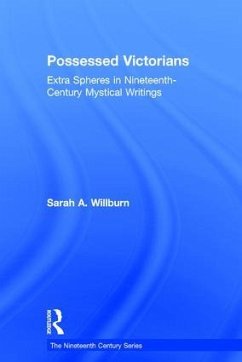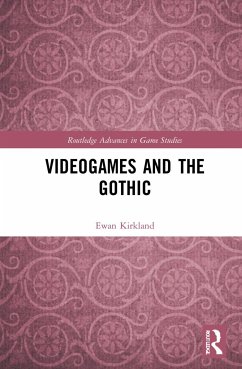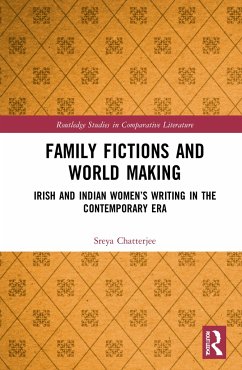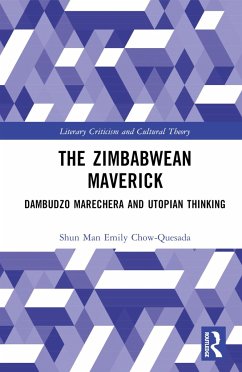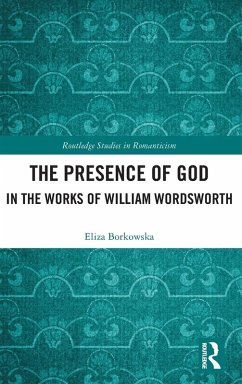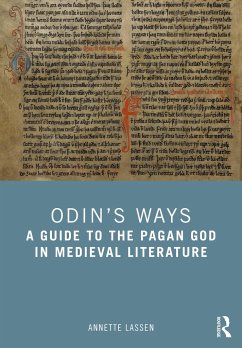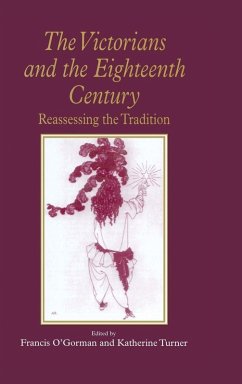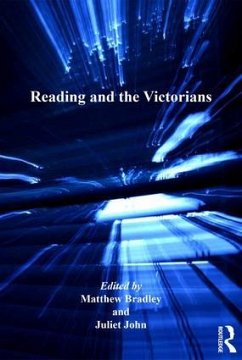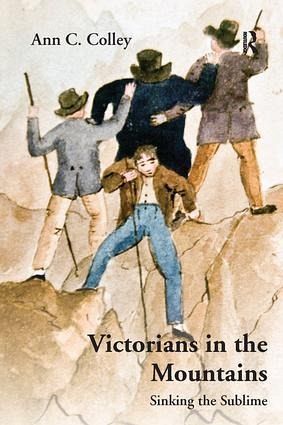
Victorians in the Mountains
Sinking the Sublime
Versandkostenfrei!
Versandfertig in 1-2 Wochen
188,99 €
inkl. MwSt.
Weitere Ausgaben:

PAYBACK Punkte
94 °P sammeln!
Ann C. Colley examines archival accounts of tourists and female climbers, technological advances, and theatrical spectacle to trace the evolution of the sublime over the course of the nineteenth century. Chapters on John Ruskin, Gerard Manley Hopkins, and Robert Louis Stevenson, whose writings about the Alps reflect their feelings about their Romantic heritage, offer insight into their ideas about perception, metaphor, and literary style.






